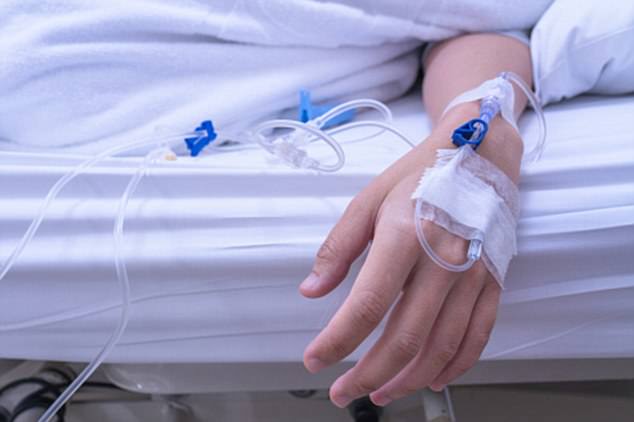Who among us hasn’t lost a loved one to cancer, heart disease, or diabetes? Often, such a tragic loss spurs the desire to find a cure for these ailments.
 Now an American cell regeneration company called Bioquark is working on not curing, but actually reversing the state of disease in humans, which could potentially even include bringing people back from death itself.
Now an American cell regeneration company called Bioquark is working on not curing, but actually reversing the state of disease in humans, which could potentially even include bringing people back from death itself.
Now doing clinical trials in South America, Bioquark hopes to mirror the ability of some life forms to regenerate organs (such as hearts and lungs), returning them to their optimal level of function. Whether caused by injury or illness, the potential for such a life-changing scientific development is obviously tremendously exciting for humankind.
The company notes on its website that species that inherently possess an “efficient regenerative mechanism” seldom get diseases like cancer, and in the rare instances where they do, “tumors have been found to spontaneously remodel and integrate into their surroundings as normal, healthy tissue,” the company’s site insists.
It even goes so far as to claim that some organisms can die and come back to life, using the same innate cellular restructuring.
Ethical Concerns
But as thrilling as these developments sound, they do cross over into a somewhat Frankensteinian level of science. Bioquark wants to test its stem cell technology on patients who are already braindead, for example, but who are being kept alive via artificial means. And they want to bypass the usual FDA methods of experimenting on animals first.
Obviously, this can touch on some delicate ethical questions. A proposed trial set for India in 2016 was shot down, but the South American effort is scheduled to begin sometime this year.
The company’s CEO, Ira Pastor, won’t say which country Bioquark will be conducting the tests in, but will reveal that the Philadelphia-based group will offer a sequence of injections that are designed to “reboot” the human brain, the same way we now reboot our phones to overcome glitches and problems.
The first phase of the trial will use braindead patients ranging from 15 to 65, all of whom have suffered some form of traumatic brain injury to get them into their current vegetative state. Using harvested stem cells taken directly from the blood of each patient, Pastor and his colleagues will then reinject these, and this will be the first phase of treatment.
For Phase Two, an amino acid chain called “peptides” would be injected into the spinal cords of the study participants.
Lastly, a two-week nerve stimulation series would take place, using both lasers, with the goal of reversing the patients’ brain-dead status.
Normally, of course, participants would have to agree to be in such a cutting-edge study, but obviously, that’s not possible.
It’s all part of a project under the auspices of ReAnima. The company defines itself as “biomedical interventions for brain death, utilizing the most cutting-edge neuro-regeneration and neuro-reanimation technologies available.”
Some amazing scientific advances may soon see humans defy the bounds of existence as previously determined. Most importantly, it gives those who are suffering with traumatic injuries or serious disease conditions the greatest gift of all: hope.
